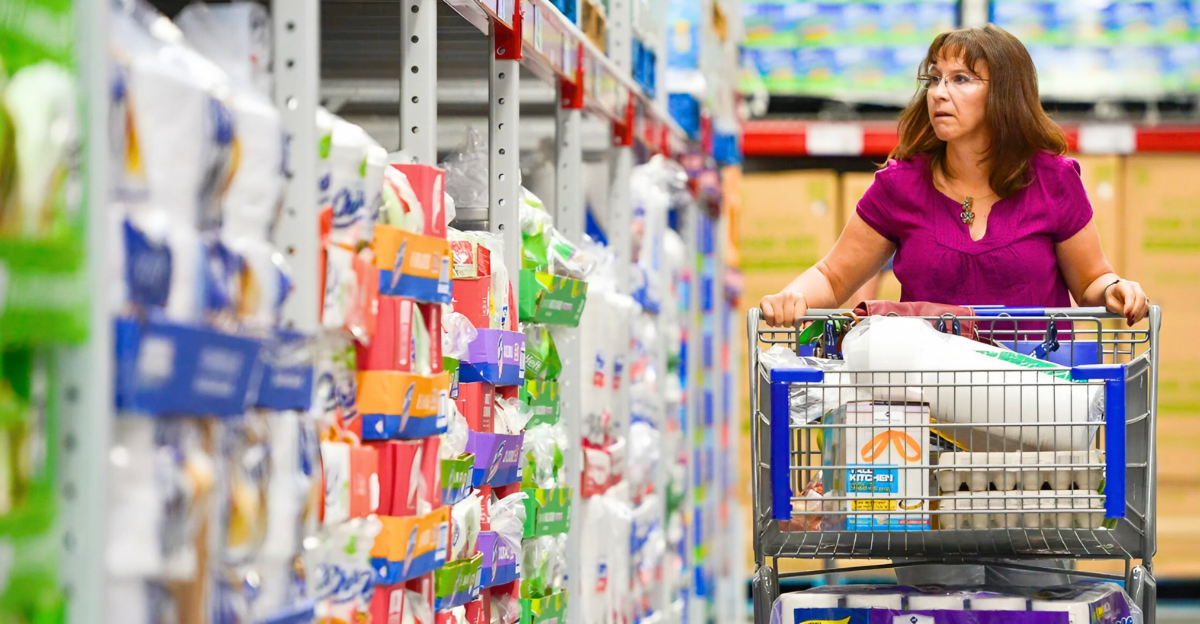
A Sam’s Club store sign (Springdale, Arkansas) foreshadows the price changes ahead. Sam’s Club, the warehouse retailer owned by Walmart, is suddenly signaling a shake-up for shoppers. This summer, it announced price hikes on a wide range of items, and the steepest increases will land in the small appliances aisle. Countertop kitchen gadgets that were once rock-bottom bargains (think air fryers, coffee makers, blenders, microwaves) are set to climb in price. The move reflects recent tariffs on imports.
Members who rely on Sam’s for bulk deals will notice these once-discounted appliances cost more at checkout. This news is just the beginning of a bigger ripple effect that could reshape how Americans shop.
Why It’s Happening
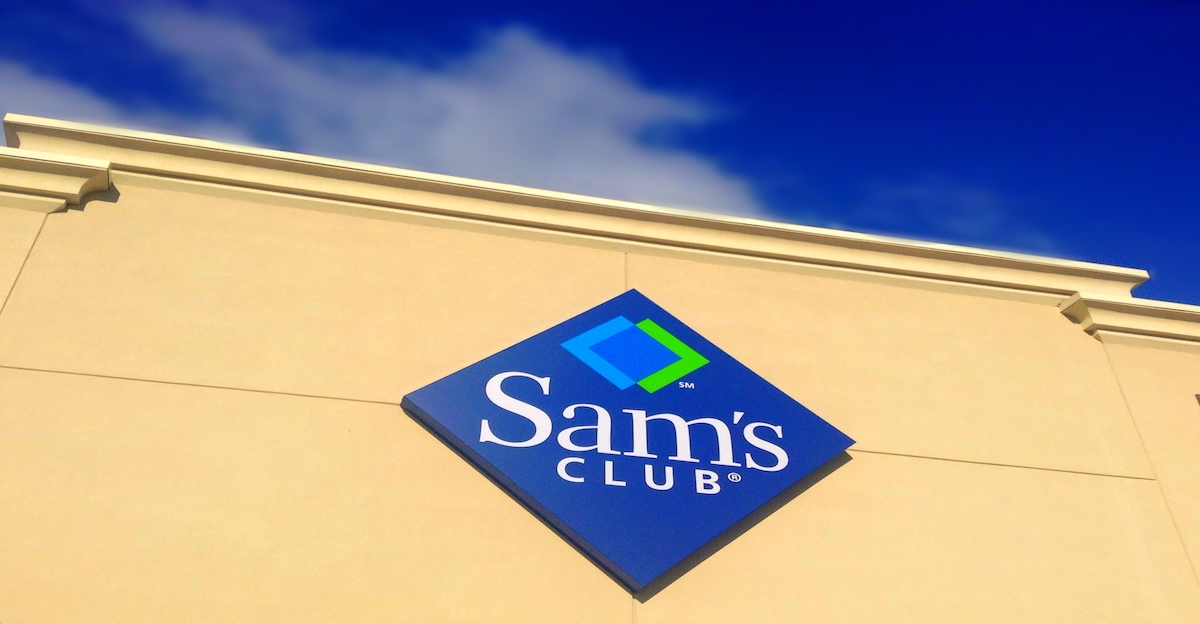
Sam’s Club has long prided itself on low prices, but this round of hikes is driven by outside forces. Lawmakers slapped steep tariffs – in some cases up to 50–55% – on Chinese-made electronics and home goods, including kitchen appliances. Sam’s Club CFO Todd Sears told The Wall Street Journal the chain is “weighing the option” of raising prices on countertop gadgets to offset these added costs. Indeed, Walmart CEO Doug McMillon has conceded that even with its cost-cutting tools, “higher tariffs will result in higher prices” for consumers.
Sudden import duties – not a new Sam’s Club strategy – are forcing these price jumps this summer.
In-Store Changes
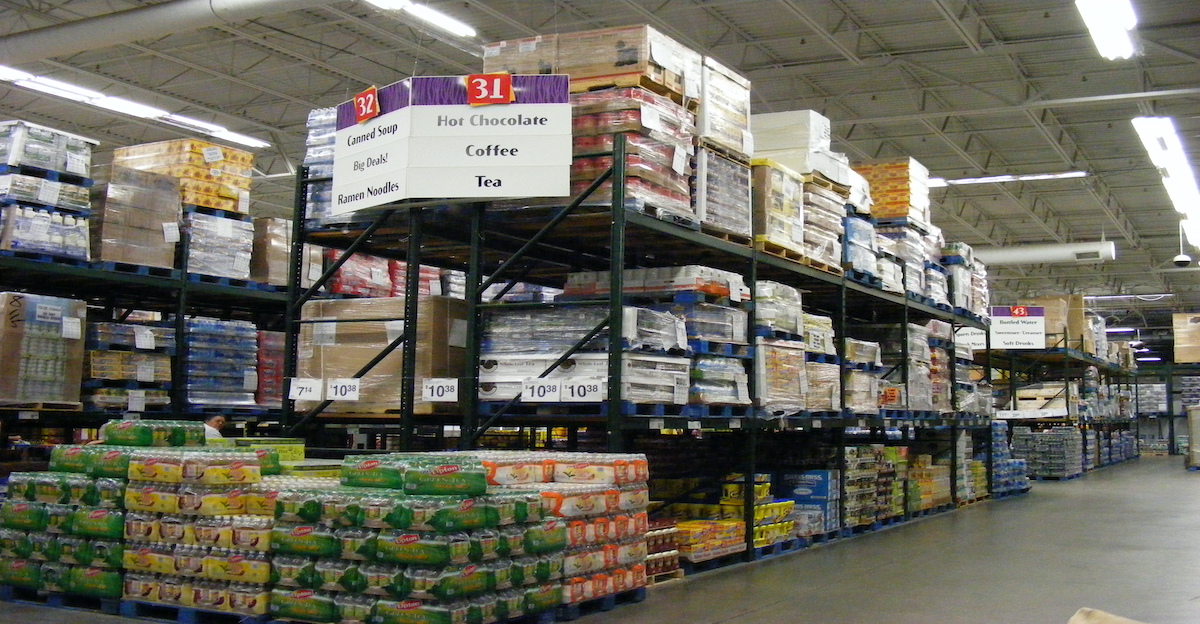
Members may notice the fallout immediately on store shelves. Analysts warn that big-ticket and specialty appliances could see either steeper price tags or limited stock. At Sam’s, this might translate into smaller bundles of items, fewer bonus packs, or even skipped reorders of less-essential appliances. To soften the impact, Sam’s Club locked in summer pricing on more than 1,000 grocery and household items through July 22, before unveiling new promotions.
Ordinary shoppers browsing the kitchen gadget aisle should be prepared for fewer “wow” deals than usual as Sam’s absorbs some of the higher costs.
Membership & Competition
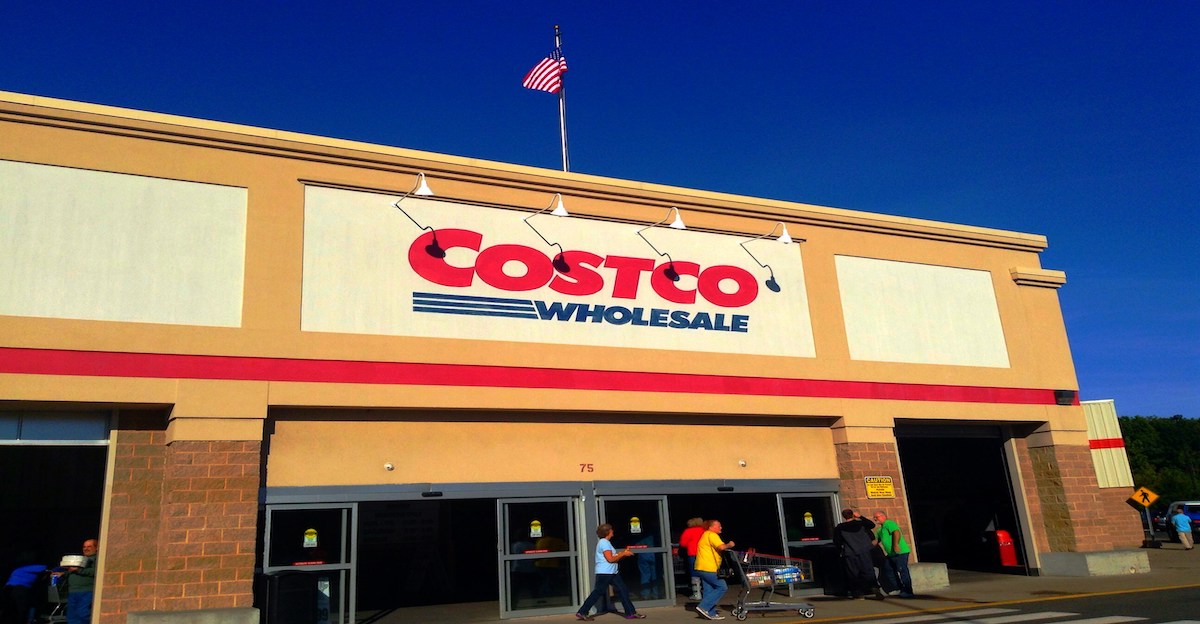
Sam’s Club relies on membership fees for most of its profits – roughly 80% of its bottom line, by one estimate. That cushion means the chain can risk higher prices on some products without immediate financial collapse. However, its rivals are watching closely. If Costco or other stores keep beating back tariffs, budget-conscious shoppers might shift.
Importantly, shoppers say they’ll reward brands that absorb costs – a recent survey found about 75% would leave a retailer that just hikes prices instead. Sam’s must balance short-term sticker shock against the loyalty of its club members.
Alternative Shopping
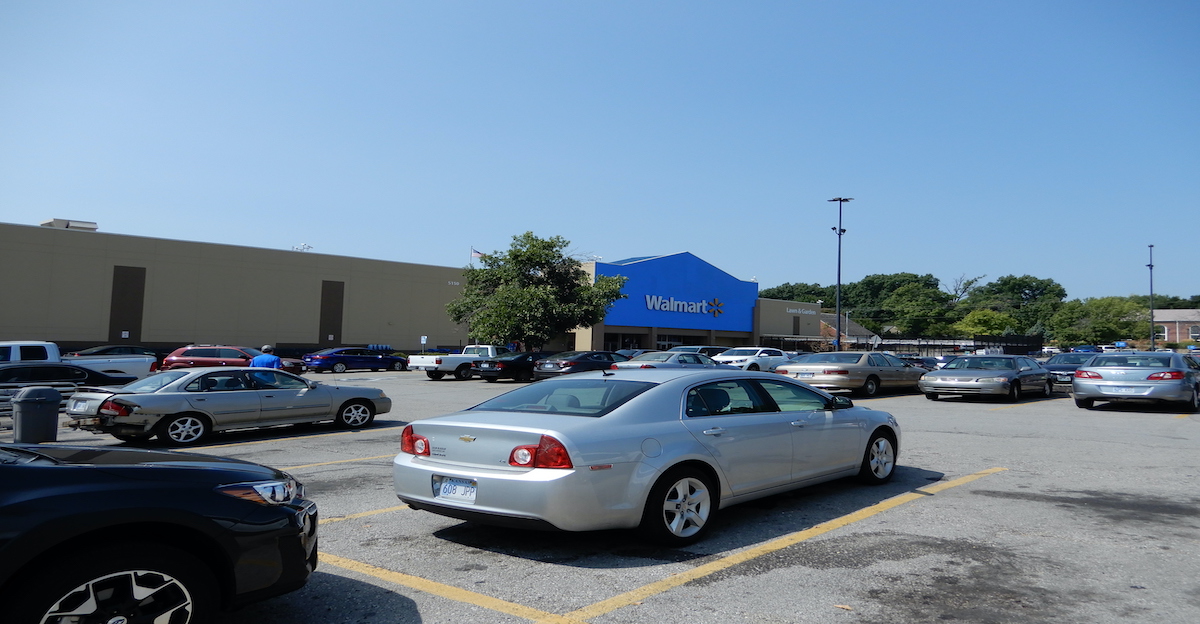
The price push at Sam’s could energize other retailers and alternative markets. Amazon and others are already seeing Chinese-made kitchen goods spike in price – for example, a popular Hamilton Beach kettle jumped from $49.99 to $73.21 under tariffs. With Sam’s appliance deals becoming pricier, members may hunt for bargains elsewhere: think used/refurbished appliances, on-sale grocery-store brands, or cheaper electric gadgets.
Sam’s might also swap in more of its private-label Member’s Mark appliances to control costs. In any case, the tariff ripple is forcing shoppers to diversify where they buy their kitchen gear.
Trade Policy Impacts
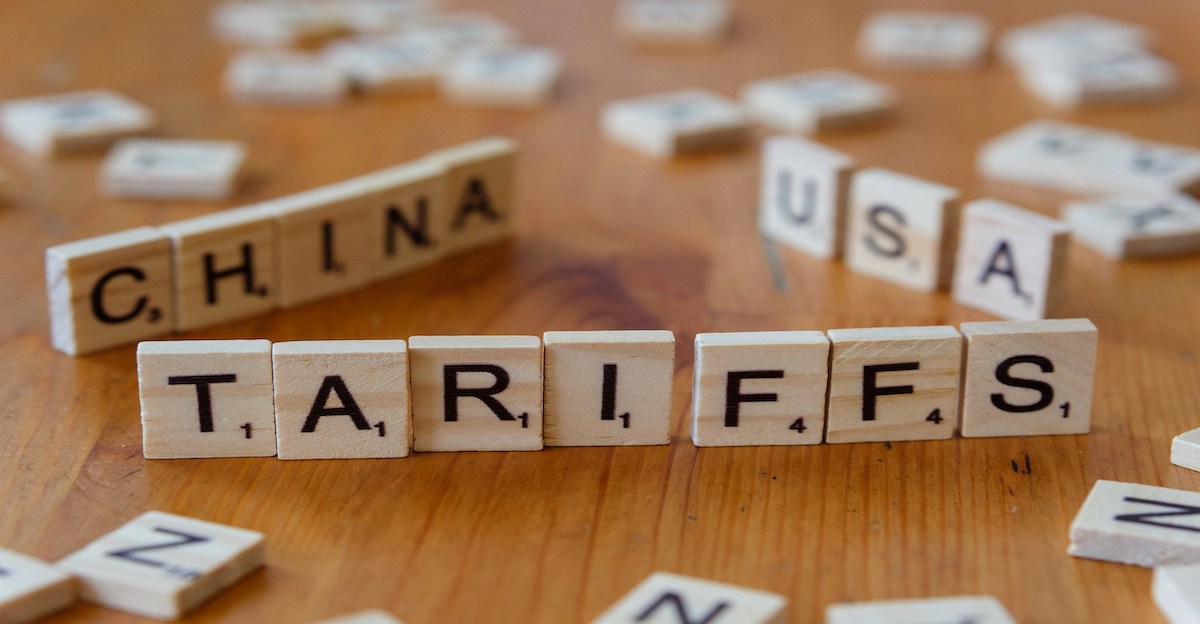
Even national policy is part of the ripple. Tariffs on imported appliances are meant to protect the domestic industry, but they often prompt political pushback. President Trump has defended these duties as necessary to “rebalance trade,” while critics warn of growing burdens on U.S. consumers. If Sam’s Club and other retailers pass on more of these costs to shoppers, lawmakers from affected districts may call for relief. Conversely, some politicians could use the Sam’s Club case to argue for boosting U.S. manufacturing of electronics.
The club’s pricing shift feeds into larger debates about trade policy and its impact on everyday prices.
Supply Chain Adjustments

Behind the scenes, Sam’s Club is scrambling to soften the blow. The chain has tapped into Walmart’s supply-chain tech – automated warehouses and demand-forecast AI – to cut waste and keep some prices stable. In fact, Sam’s CEO, Chris Nicholas, notes that many fresh and staple goods have stayed affordable thanks to packaging improvements and efficient inventory management. Between 80–90% of Sam’s profit comes from membership dues, so the club can afford to cushion sticker shock on everyday items.
Still, even advanced logistics and subscription income can’t hide every cost increase – the final decision on a pricey air fryer still lands with the shopper at checkout.
Customer Reactions

Sam’s Club is playing down the pain. CFO Todd Sears insists the retailer’s core pricing tactics haven’t changed – just the environment. To soothe members, Sam’s locked in more summer deals on essentials and readies another big Instant Savings event for late July. Behind the scenes, however, some shoppers on social media are already voicing frustration at finding fewer cheap appliances.
For now, Sam’s must balance the tariff shock with customer goodwill: it can’t afford to fracture the loyalty that underpins its business.
Consumer Advice
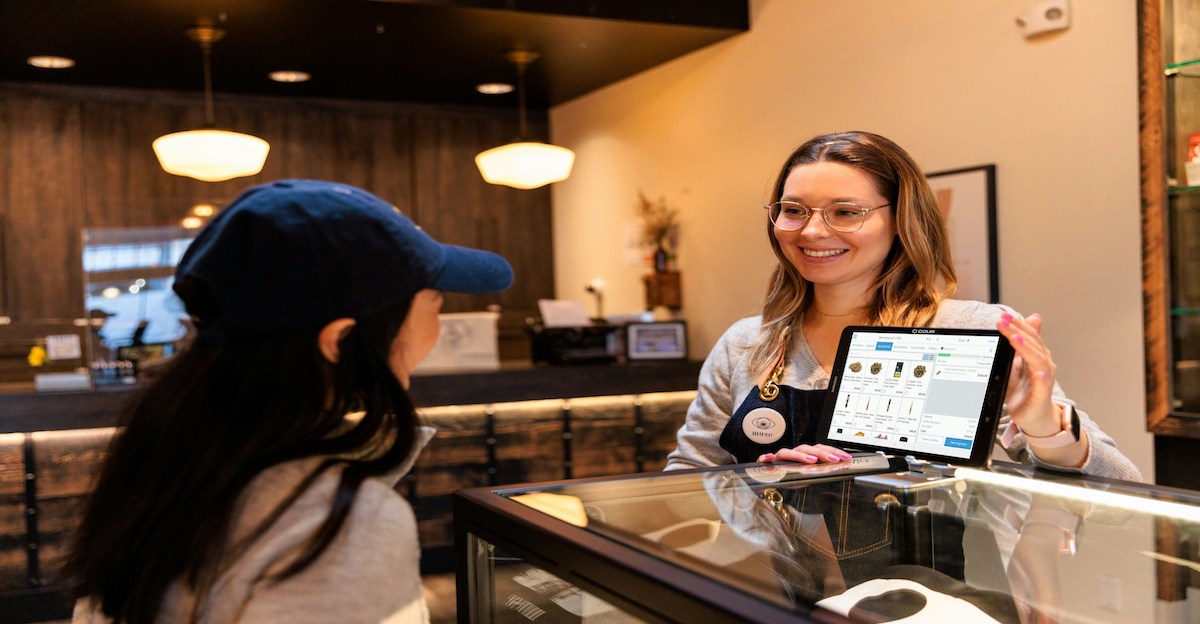
Price-conscious members have options to soften the impact. Sam’s Club locked in summer prices on 1,000 items through July 22 and will host a big Instant Savings sale on July 23. Now is a good time to buy any gadgets you’ve been eyeing at guaranteed prices. Consider shopping around: other retailers and online marketplaces may offer competing deals or refurbished units to counter Sam’s hikes.
Finally, be flexible in the kitchen — use cheaper cooking methods or ingredient substitutions to help buffer the sticker shock. These steps can help members protect their budgets before the price waves fully hit.
Looking Ahead

Sam’s Club’s decision shows how even local price changes can have broad consequences. A small tariff on one end of the supply chain – and Sam’s decision to raise rates on a few gadgets – can echo all the way to your kitchen budget. Economists now warn of further “upward pressure on household essentials like cookware and small appliances” as tariffs persist.
The Sam’s Club story reminds us that trade policies and global costs often arrive at checkout, affecting everything from gadgets to groceries.
